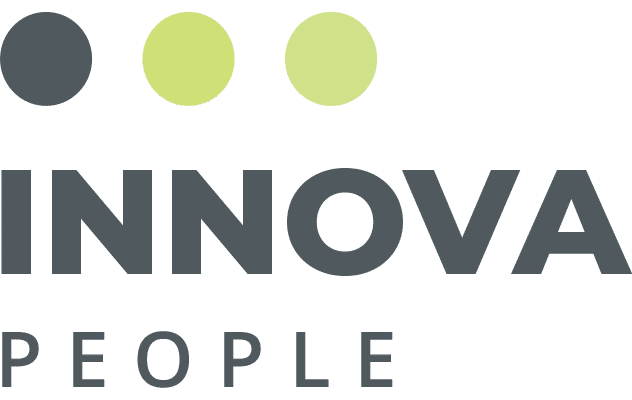Technology has become an integral part of every industry in today’s rapidly evolving digital landscape. This has created a high demand for skilled professionals in the technology and programming fields. The United States Bureau of Labor Statistics predicts significant growth in computer and information technology professions, faster than the average for all occupations within the next decade,
“About 377,500 openings are projected each year, on average, in these occupations due to employment growth and the need to replace workers who leave the occupations permanently.”
Whether you have a formal degree or are self-taught, various resources are available to help you pursue a tech career. When applying for a position in the technology sector, you can expect to participate in a “technical interview.” While it shares similarities with formal interviews in other industries, this type of interview requires candidates to showcase their skills through various assessments, including programming, coding, engineering, and computer-based competencies.
We love a good list, so here’s a list of the top 10 highest-paying tech jobs in the U.S. based on salary data from Indeed. Along with the average base salary, we’ll explore the job summaries, educational requirements, and relevant skills employers seek.
10. Full-Stack Developer
Average Base Salary: $126,102
Job Summary: Full-stack developers are responsible for building the frontend (client side) and backend (server side) elements of websites, mobile applications, and other computer programs. They possess the skills to handle the entire software lifecycle.
Qualifications: Most full-stack developers have at least a bachelor’s degree in computer science, software development, or software engineering.
Relevant Skills: HTML, CSS, JavaScript, MySQL, SQL, PostgreSQL, MongoDB, Oracle, Git, GitHub, Subversion, AWS, Heroku, Azure, APIs, C, C++, Lisp, Python.
9. Data Engineer
Average Base Salary: $126,737
Job Summary: Data engineers specialize in building systems that support data transformation, data structures, metadata, and workload management. They collect, manage, and convert raw data into usable information for data scientists and business analysts.
Qualifications: Data engineers typically have a bachelor’s degree in computer science, engineering, or a related field.
Relevant Skills: SQL, NoSQL, PostgreSQL, Python, Redshift, Panoply, Hadoop, Spark, AWS, Azure, Kafka.
8. Mobile Developer
Average Base Salary: $127,409
Job Summary: Mobile developers create, maintain, and implement the source code for mobile software applications. They work on Android and iOS platforms and are skilled in troubleshooting and patching bugs.
Qualifications: Most mobile developers have a bachelor’s degree in computer science or related disciplines and experience in programming or development.
Relevant Skills: Linux/Unix, Python, Perl, Shell Scripting, Java, C#, Swift, Oracle, Apache, iOS, ABAP, Drupal, HTML, LAMP Stack, Ruby On Rails, UI, Cybersecurity, Product Management, IoT, Agile, Lisp.
7. Network Architect
Average Base Salary: $127,467
Job Summary: Network architects design and implement computer and information networks, including LANs, WANs, and intranets. They provide input on security, hardware, and software decisions and plan and execute network system layouts.
Qualifications: Network architects typically hold a bachelor’s degree in computer science, information systems, or a related field.
Relevant Skills: Linux, UNIX, Python, Perl, JSON, Ansible, Puppet.
6. Data Warehouse Architect
Average Base Salary: $131,479
Job Summary: Data warehouse architects develop physical and logical data models, design database systems, and maintain database tools and scripts. They define project scopes, choose appropriate tools, and establish metadata standards.
Qualifications: Data warehouse architects usually have a bachelor’s degree in information technology, computer science, or electronics engineering, along with practical experience in relevant positions.
Relevant Skills: SQL, PL/SQL, Python, Cobol, JCL, SQL Server, MySQL, Oracle, DB2, Netezza, IMS DB, Git, TFS, JIRA, CRM, ERP, SCM.
5. Software Architect
Average Base Salary: $137,430
Job Summary: Software architects make high-level design choices for software development. They determine the software, tools, and platforms to use and often set coding standards for other developers.
Qualifications: Software architects typically have a bachelor’s degree in computer science, software engineering, or a related field. They usually have extensive technical knowledge gained through experience as a software engineer.
Relevant Skills: Varies depending on the specific software and technology used.
4. Enterprise Architect
Average Base Salary: $142,567
Job Summary: Enterprise architects are vital in establishing an organization’s IT infrastructure and maintaining and updating IT hardware, software, and services to support set enterprise goals. Enterprise architects create business architecture models and develop methods for compliance architecture, such as metadata management, data storage, and change control.
Qualifications: Enterprise architect’s jobs typically require an undergraduate degree in computer science or a related field and five to 10 years of IT experience before you can step into the role. Depending on the company, you may also need a master’s degree.
Relevant Skills: Cloud, Infrasture, Roadmap, A WS, Java, Cloud Computing, Governance, Azure, Digital Transformation, Project management, ITIL, Pre Sales
3. Site Reliability Engineer
Average Base Salary: $155,517
Job Summary: A site reliability engineer applies software tools to automate IT infrastructure, such as system management and application monitoring. They develop software and systems that increase site reliability and performance amidst frequent updates from the development teams. They manage large systems through code, which is more scalable and sustainable for system administrators managing thousands or hundreds of thousands of machines.
Qualifications: Site reliability engineers typically hold at least a bachelor’s degree in IT, computer science, engineering, or a related field. These professionals should have a system administrator, DevOps, or IT operations background focusing on software development skills.
Relevant Skills: APIs, AWS, Ansible, Azure, Bash, CI/CD, Cloud infrastructure, Computer Networking, DevOps, Distributed Systems
2. Backend Developer
Average Base Salary: $158,984
Job Summary: Backend developers design, build, and maintain the back end of web and mobile-based applications. The back end includes everything from the servers to application code and databases. They ensure the back end performs quickly and responsively to frontend user requests.
Qualifications: While employers may prefer candidates with at least a bachelor’s degree in computer science or a related field, you don’t require an undergraduate degree to become a backend developer. The best way to start down the path to becoming a backend developer is to learn a programming or scripting language.
Relevant Skills: Python, PHP, JavaScript, Ruby, Java, C#, Laravel, Django, Spring, Ruby on Rails, Meteor, Node.js, MongoDB, MySQL, Oracle, Apache, NGINX, Lighttpd, Microsoft IIS
1. Software Engineering Manager
Average Base Salary: $161,477
Summary: A software engineering manager oversees (hires, trains, and mentors) a team of software developers by providing direction, delegating tasks, and monitoring regulations and goals. Software engineering managers also build and maintain relationships with cross-functional teams, stakeholders, and clients.
Qualifications: Software engineering managers typically have a minimum of a bachelor’s degree in computer science or a similar field and considerable work experience (at least five years) as a software engineer. They must deeply understand software engineering, coding, and the developmental process.
Relevant Skills: APIs, AWS, Agile, C, C#, C++, CI/CD, Design Patterns, DevOps, Distributed Systems, Leadership and Management
When considering a career in the tech industry, evaluating compensation and other factors is essential. The listed tech jobs offer attractive salary prospects, but it’s worth noting that total compensation may include bonuses, equity, and benefits that vary between companies. Pursuing education, gaining relevant skills, and preparing for technical interviews can help you land these high-paying tech jobs and thrive in the ever-growing technology field.
Find your next opportunity.




